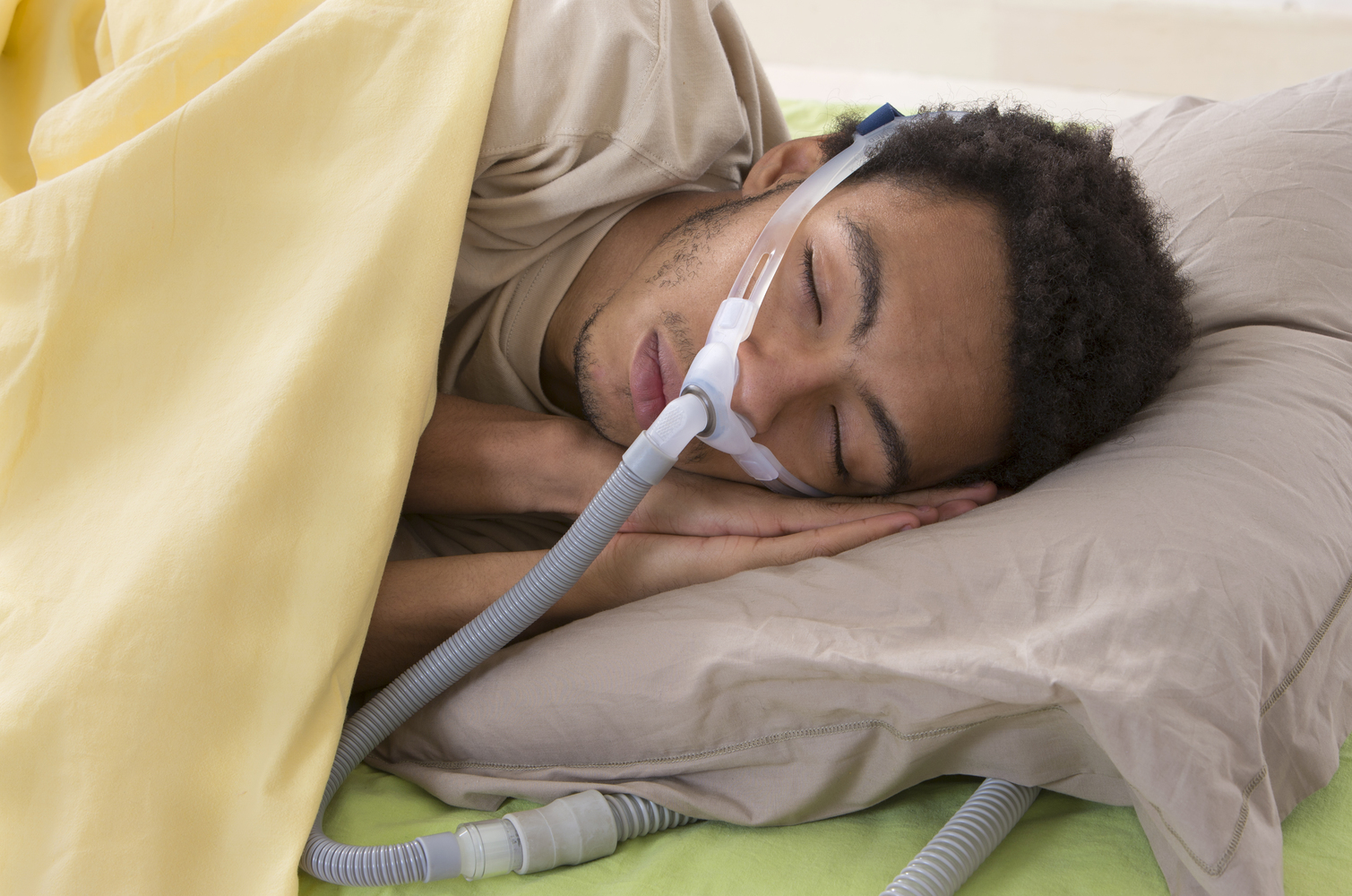
Causes and Risk Factors for Sleep Apnea
Sleep apnea is a serious sleep disorder that manifests itself through symptoms like loud snoring and excessive sleepiness during the day, and medical intervention is very important to prevent further health complications. However, snoring is common, so it is advised to look out for certain signs and symptoms of sleep apnea before heading to the doctor for treatment. A few common signs and symptoms of sleep apnea are:
- Loud snoring
- Gasping for breath during sleep
- Lack of sleep at night due to restlessness
- Feeling sleepy and tired during the day
- Inability to concentrate at work
- Waking up with a dry throat
- Waking up with headaches
The most common types of sleep apnea are obstructive and central sleep apnea, and each of these has its own cause:
1. Obstructive sleep apnea
It is caused when the muscles behind the throat relax. These muscles usually collar the soft palate, the tonsils, the triangular muscle around the palate called uvula, and the sidewalls of the throat. When the muscles relax, they narrow down the airway, making it difficult for air to pass through. This, in turn, reduces the oxygen in the blood, which allows the brain to sense a difficulty in breathing. The brain then wakes the person up for a quick moment to catch their breath. This episode happens so quickly in sleep that they may not even remember it the next morning.
2. Central sleep apnea
It is not as common as obstructive sleep apnea, and it occurs when the brain fails to transmit signals to the breathing muscles. When the signal is cut off, the breathing stops, which wakes one up gasping for air. The severity of the condition can be determined through the signs and symptoms of sleep apnea experienced. A doctor will also put them through a series of tests to diagnose the problem accurately before starting the treatment.
3. Risk factors of sleep apnea
Sleep apnea is not restricted to a certain age group and can affect toddlers, children as well as adults, but some people are at a higher risk of being affected by the condition. Mentioned here are some risk factors of sleep apnea:
- Obesity
Excessive weight gain increases the risk of sleep apnea as the upper airway gets surrounded by fat deposits, making it difficult to breathe. - Heredity
This is a common risk factor for sleep apnea in children. Children with a narrow throat inherited from their ancestors are prone to develop sleep apnea. - Gender
Men are at a higher risk of being affected by sleep apnea as compared to women. Women, on the other hand, are at risk in the case of obesity and in the period after menopause. - Age
Sleep apnea is more common in older adults. - Smoking
People who smoke are at serious risk of developing this condition as smoking increases fluid retention and inflammation in the upper airway. - Alcohol consumption
Excessive and frequent alcohol consumption relaxes the throat muscles and causes sleep apnea. - Stroke
A history of stroke increases the risk of developing the condition. - Nasal congestion
Anatomical disorder of the nose or allergies makes breathing difficult, leading to sleep apnea. - Anatomical disorder
People with a large neck, tongue, or tonsils are at higher risk of developing this condition.


